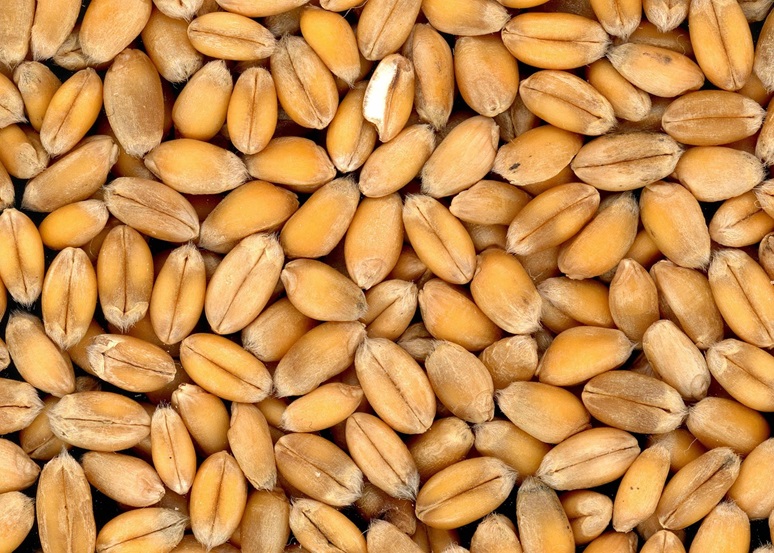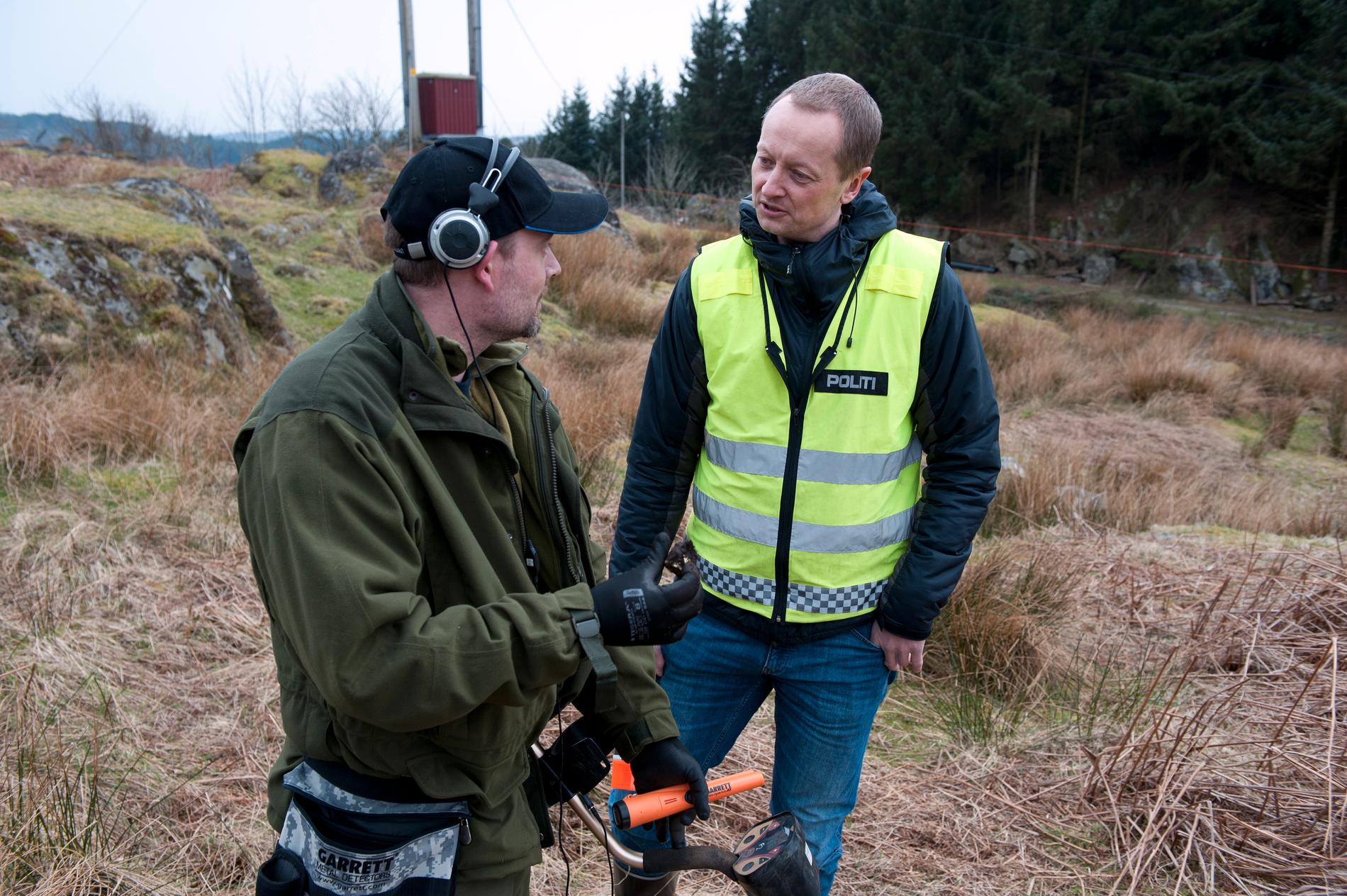Jānis Kasalis December 20, 2023 6:30 a.m
When the war in Ukraine started, the world changed. Change in many industries began when sanctions were introduced. One of the important things that almost everyone needs for which we are a transit country is grain. Both ports and railways are used for their transportation, but restricting transit can cause quite a lot of problems.
Three large ports operate in Latvia, through which grain transit is ensured. The total capacity of transshipment terminals exceeds 15 million tons. Of these volumes, an average of three million tons of grain grown in the Baltic States is exported annually. The capacity allows for another 12 million tons. It is clear that without additional transit volumes Latvian terminals will not be able to exist, but 800-900 people work in them. Also, employees of sea-related companies, brokers, surveyors work in the terminals – the total number of people working in port transit points in the field of grain exceeds 1000 in Latvia.
Grain is mostly transported by rail. The volume of Latvian railway transportation in 2023 has already decreased by 15-20% compared to the volume of 2022 – that is, to 13.3 million tons. If grain is also deducted from this amount, which currently accounts for more than half of all transported cargo, which is 7.5 million tons, Latvian Railways work should basically stop. However, the company currently provides jobs for 6-7 thousand people.
The number of employees used to be much higher. In 2018, the concern employed 10.4 thousand people. After that, many employees from Latvian Railways dismissed. in 2020 Latvian Railways the number of employees was 8,539, while in 2021, after 1,388 layoffs, 7,151 remained.
The objective of the sanctions is obviously to weaken Russia. If the European Union really wants to weaken the aggressor state, an absolute blockade must be carried out.
If Latvia restricts grain transit, Russia will use other routes. It is also important to remember that grain transported by railway does not stay in Latvia, but reaches other countries. Through European countries, they end up in poor African countries: Somalia, Mali, Nigeria.
In addition, it should be remembered that if grain is not transited through Latvia, the money will remain in Russia, contributing to the economy of the aggressor country and allowing the war machine to be operated. The fastest growing ports in the region are Vysotsk, Ustjluga and Primorska. They have modern grain transshipment terminals. For example, the capacity of the Vysotka terminal is 4 million tons per year. If grain is not transported through Latvia or Europe, Russia will profit. Grain is far from the creator of the Russian economy. In order for the aggressor country to feel the consequences of the sanctions, the aforementioned absolute blockade is necessary, because more than 70% of Russia’s imports are hydrocarbons (gas, oil, etc.).
Sanctions against Russia must exist, but we must also understand whether, if we introduce them too draconian, we cannot harm ourselves. Grain is not the biggest problem – not delivering it to the countries of the African continent can lead many people to hunger and create a new wave of migration in Europe. The most effective method would be to undermine the economy of the aggressor state, completely isolating it from the rest of the world.
The author is a member of the board of the Association of Latvian Stevedoring Companies
2023-12-20 04:30:48
#grain #transit #ban #shot #foot #IR.lv


